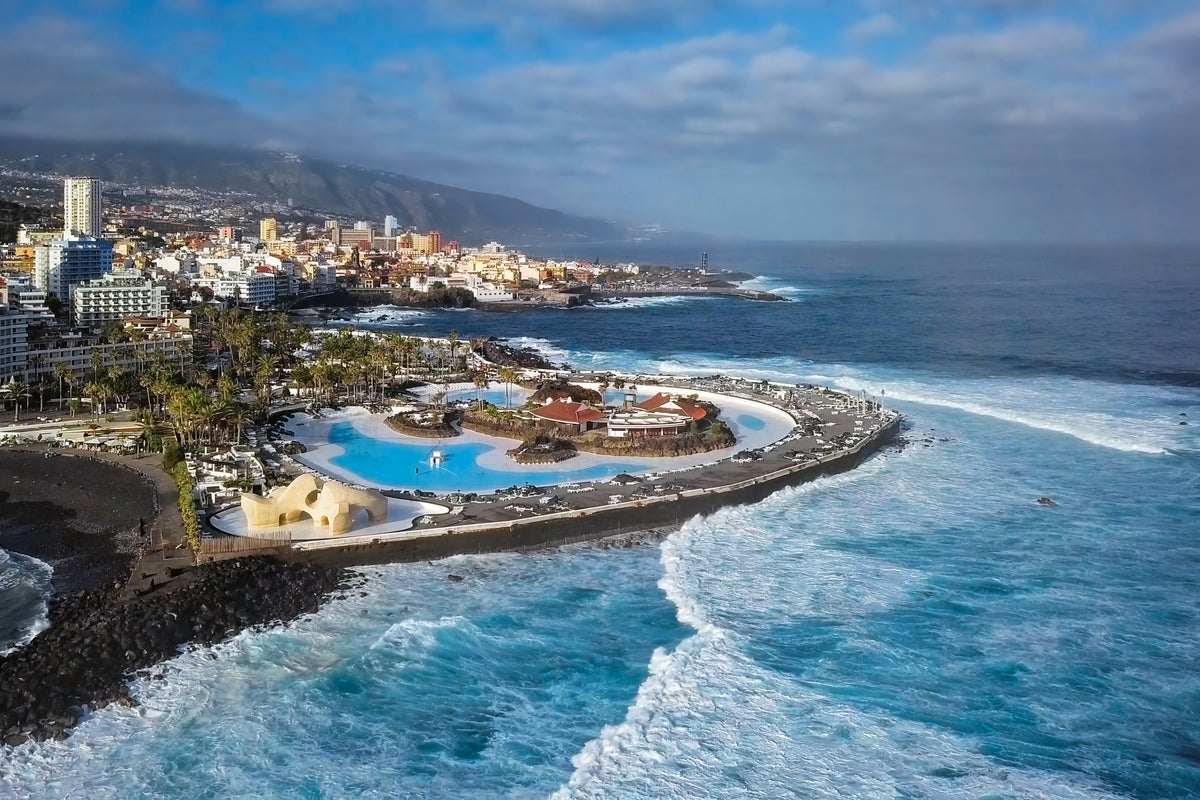A British holidaymaker is facing a fine up to €200k (£174k) for flying a drone without authorisation at a festival on 15 July in the Canary Islands.
The drone was noticed by police officers during the popular Virgen del Carmen festival in Puerto de la Cruz, Tenerife, and traced to four-star Hotel Las Águilas.
When questioned, the tourist admitted to not having a licence, insurance or knowledge of Spanish drone regulations. After seizing the drone, the case was handed to Spain’s State Aviation Safety Agency (AESA) for administrative proceedings.
Under Spanish and EU legislation, all users intending to fly a drone must register as operators, undergo qualifying training and obtain an insurance policy.
At the festival, only the two drones operated by the National Police for security surveillance and one for official event coverage were permitted to fly.
The unauthorised drone flying by the British traveller was both illegal and considered dangerous due to the volume of people at the event.
Spanish drone laws are strict, and violations are taken seriously. Fines range from:
- €60 (£52) to €45k (39k) for minor infractions (e.g., flying without insurance),
- €45,001 (£39k) to €90k (£78k) for serious offences (e.g., flying in restricted areas),
- €90,001 (£78k) to €225,000 (£195k) for very serious breaches (e.g., endangering people or interfering with airspace).
For tourists planning to operate a drone, including for recreational purposes, it’s mandatory to follow certain rules if the drone weighs more than 250g or is equipped with a camera. These include:
- Registering as a drone operator with AESA
- Completing online training (free and accessible via the AESA website)
- Labelling your drone with your operator ID
- Having civil liability insurance (strongly advised)
- Checking approved flight zones
- Avoiding flying in urban areas, over people, or near airports and protected areas, unless specially authorised
Travellers intending to visit the Canary Islands and fly a drone are strongly advised to check the latest regulations and acquire any required approvals well in advance.
The Independent has approached the Spanish aviation authority (AESA) for comment.
Read more: Best things to do in Costa Adeje, from hiking to whale watching



